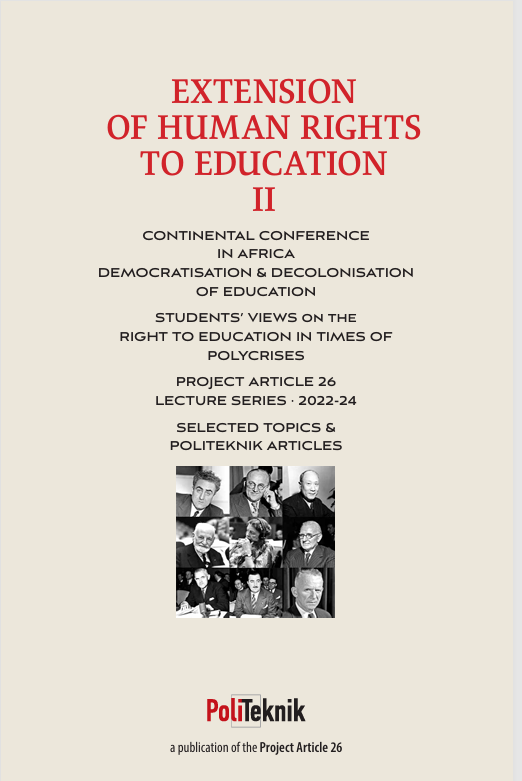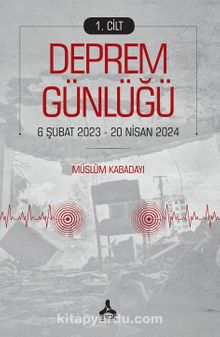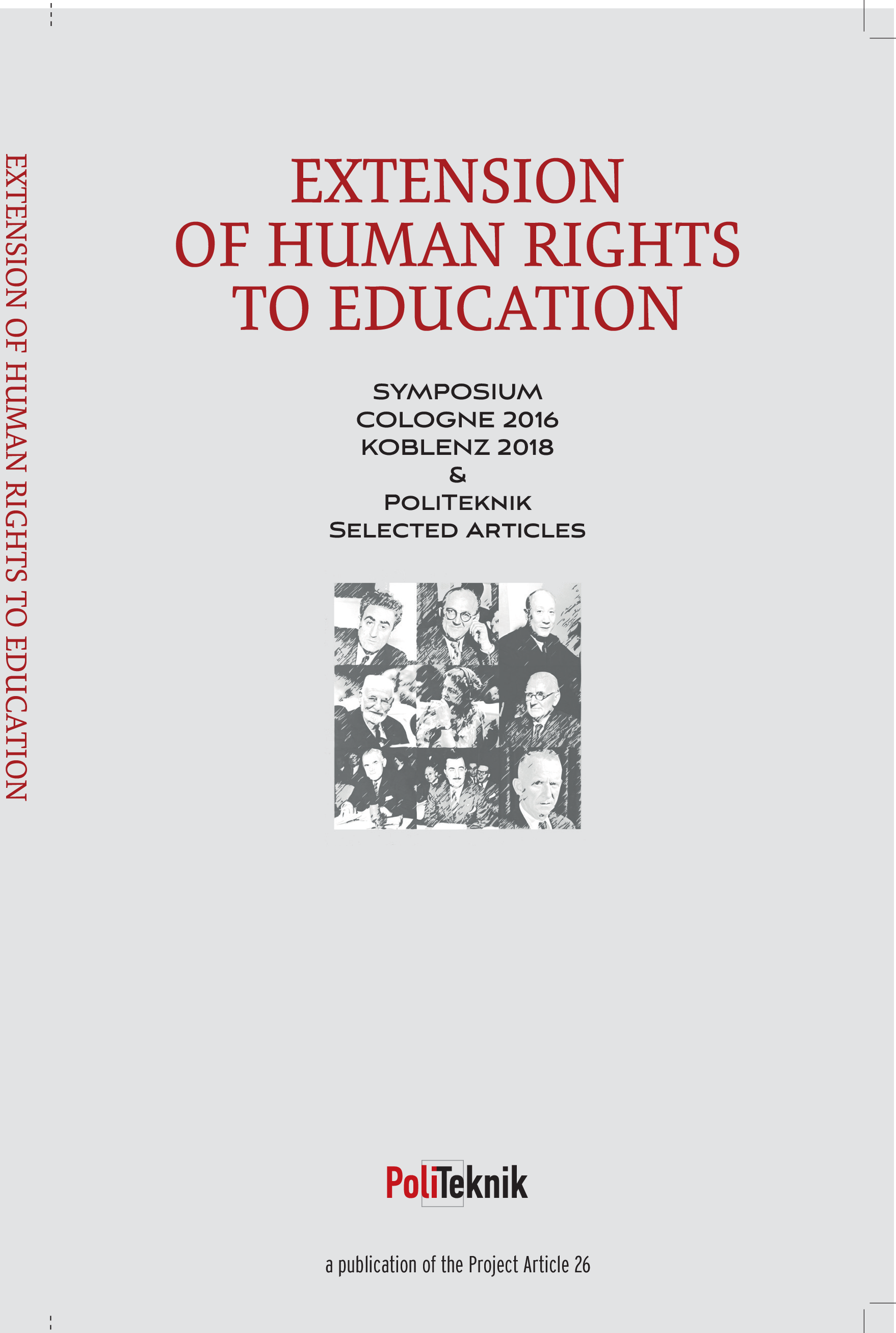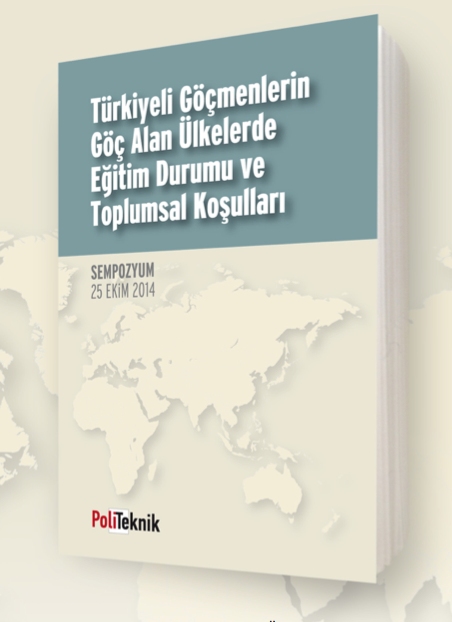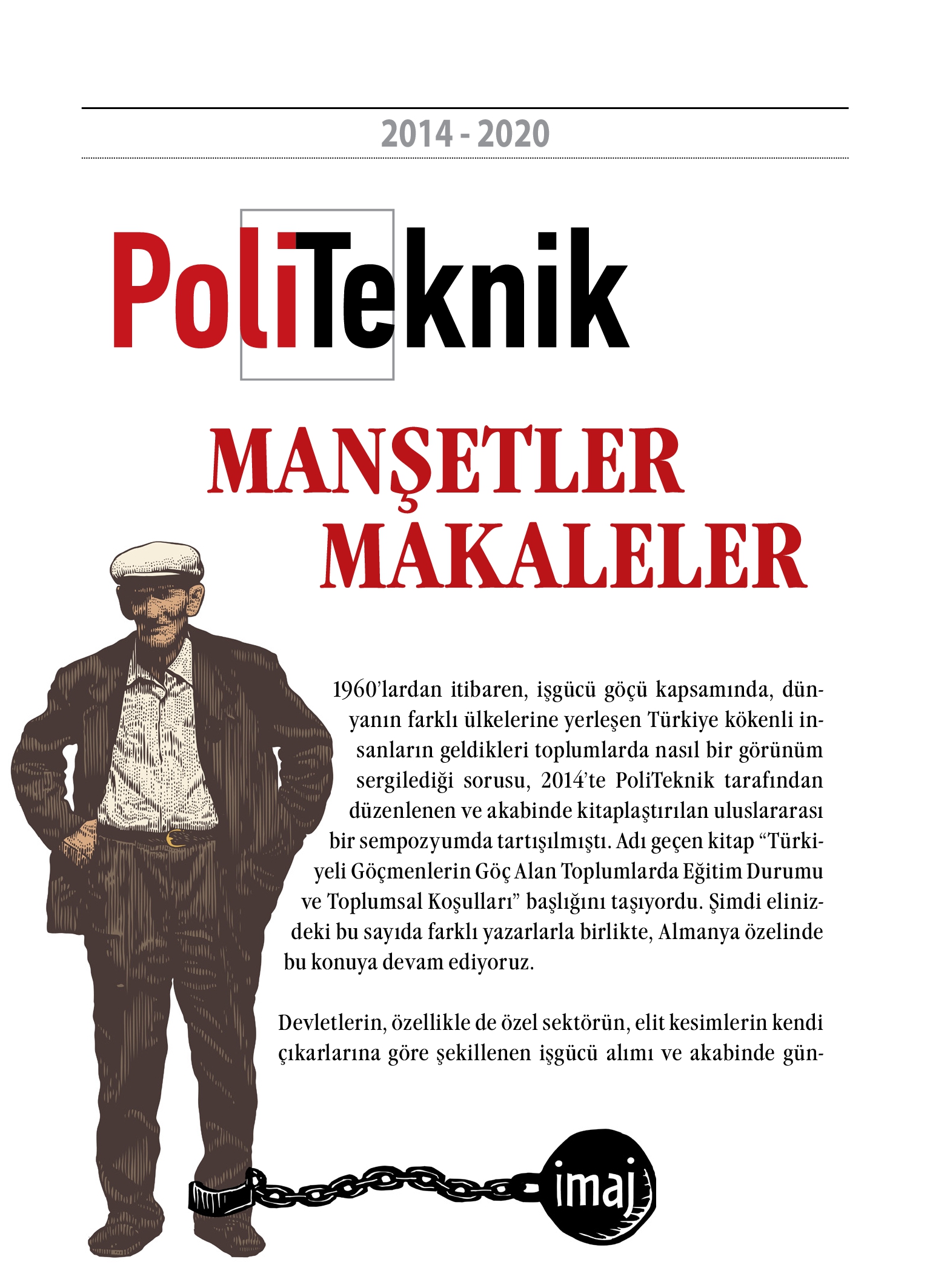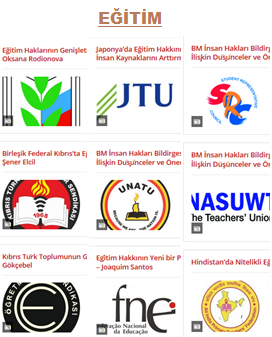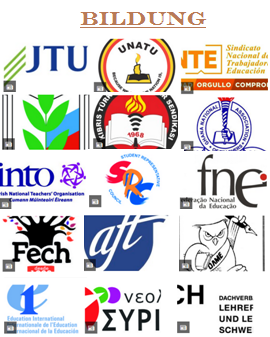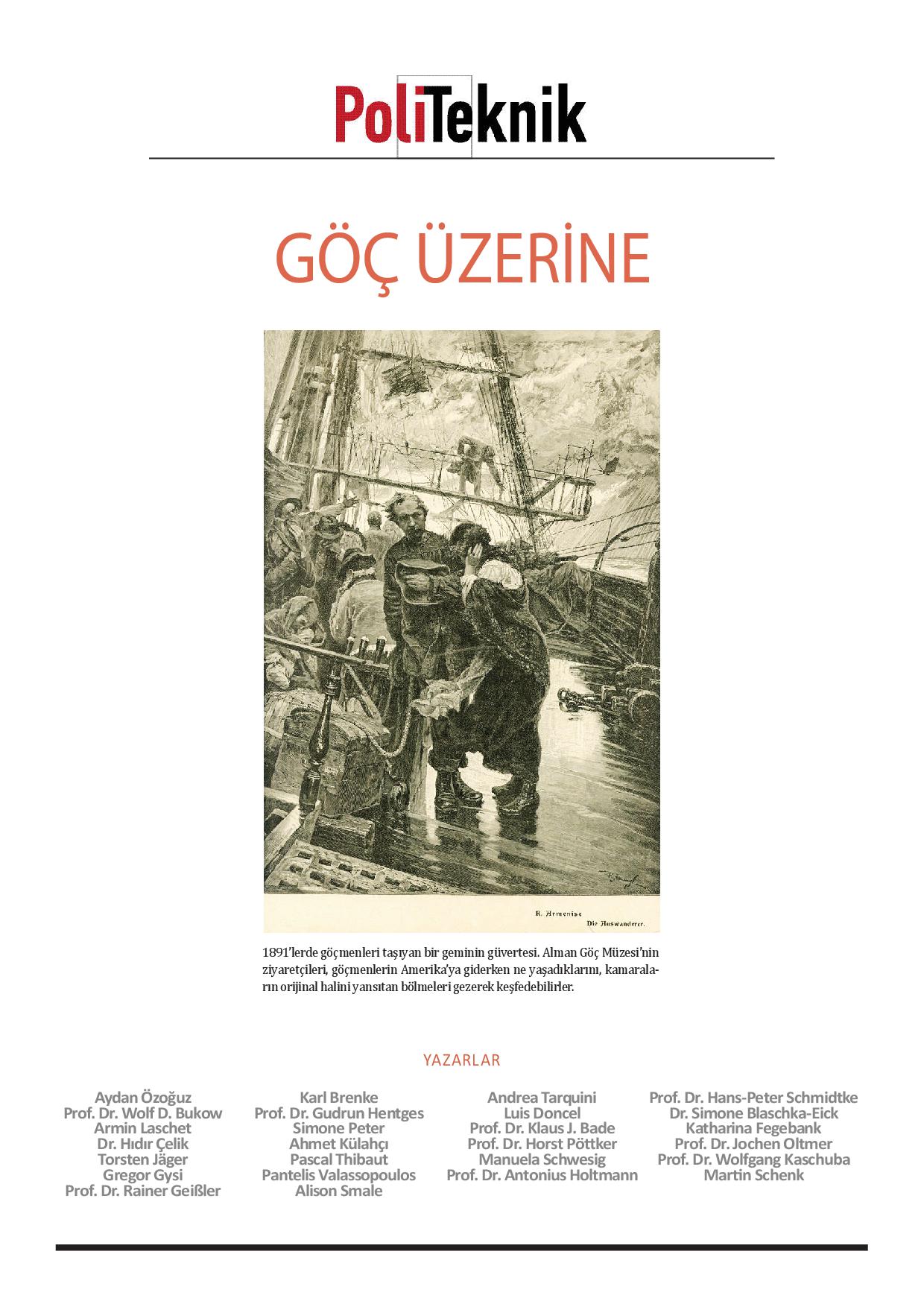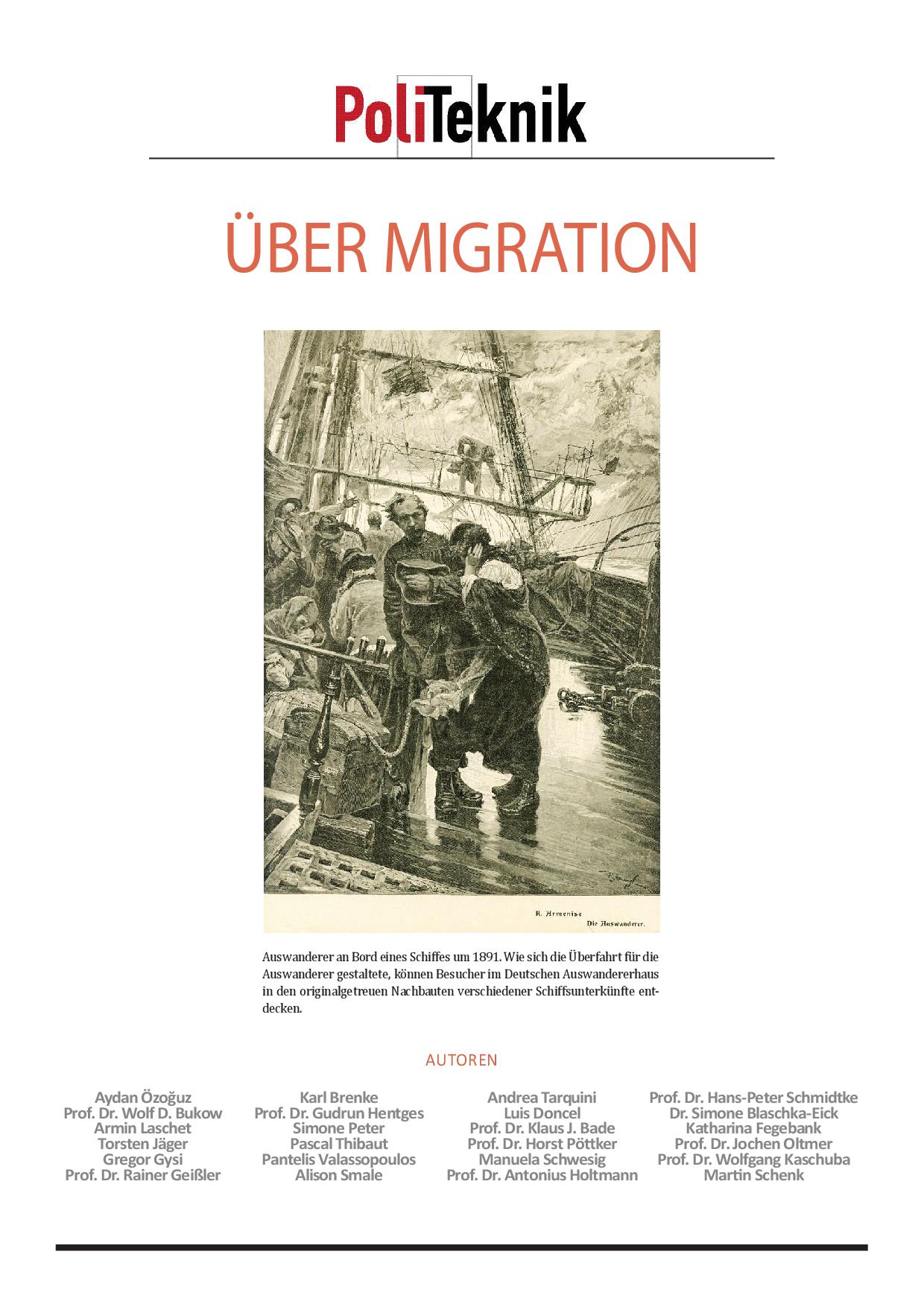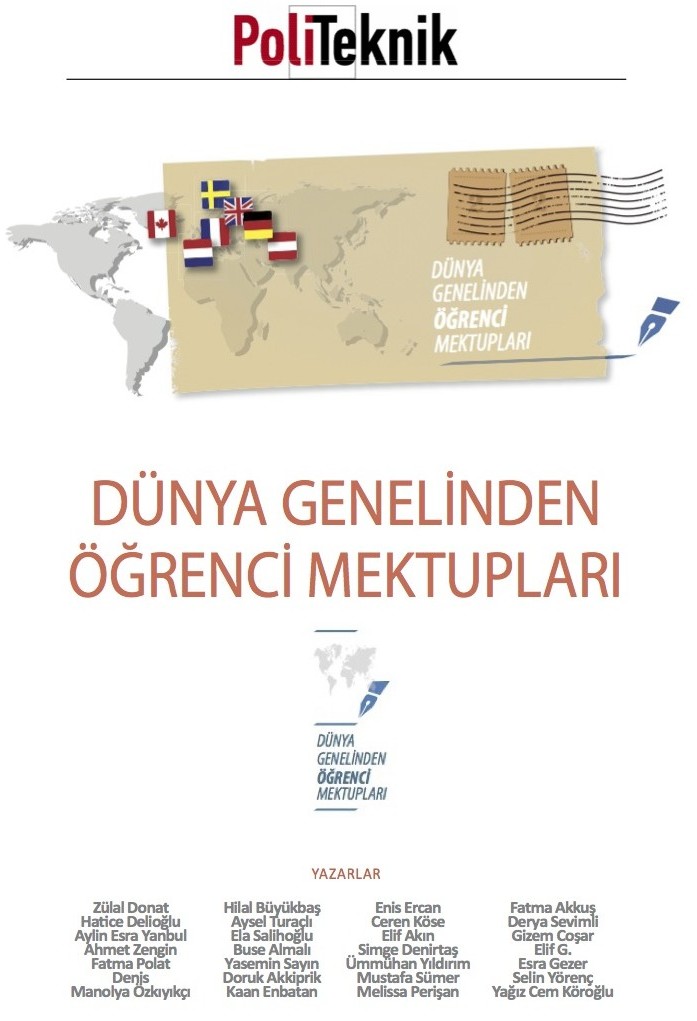Vernor Muñoz
Universität San Jose – Costa Rica
We have often thought that education can save the world. We say that education is key for development and we usually believe that, by bringing more and more children to school, greater opportunities will follow. That is mostly true, but not in all cases.
In the last 30 years enrollment rates have risen on all continents and there are more educated people today than ever before. However, it is also true that never before have so many educated people caused hurt and harm to countless others.
According to the Universal Declaration of Human Rights, children are not entitled to just any kind of education, but a human rights-based education, aimed to protect their life, their integrity and dignity, to respond to their comprehensive needs and promote gender equality, citizenship and peace.
Education can be a way to counteract all kinds of violence. However, we have seen so many times that schools can also be enviroments where violence is promoted, normalised and legitimised, especially gender-based violence.
Therefore, ’Education for what?’ is the most important question that should be asked today.
Education should not be politically neutral; it should equip both girls and boys with the skills they need to create socially inclusive and equitable societies, providing higher chances of success in the elimination of the negative effects of gender discrimination and stereotypes in life.
The human right to education also means inclusive education, so children from different ethnic and cultural groups and children with disabilities should be prioritised in order to realise their full potential at regular schools. Segregation is always a bad word in the education language as it is in the human rights culture.
Quality and equality are the wings of a single bird, but there are certainly many different ways to fly, so education should be adapted to meet the diverse needs of students, including the need to ensure safe learning environments.
A quality education should be learner centred, supporting them to fully develop and participate in political, social and economic progress of their communities. Then Governments should ensure that Education Sector Plans are gender responsive, including by undertaking a gender review of education sector plans in all planning cycles, and ensuring sufficient budget is allocated to act on its recommendations. This should enable governments to identify the steps necessary to achieve equal access, experience and completion of education.
From our perspective it is also crucial to ensuring democratic oversight of education, enhancing accountability, fulfilling young people’s right to participate in decision-making, and improving the effectiveness of education plans, programmes and policies to meet the needs of all learners, including the most marginalised.
We think that education systems could be greatly strengthened by ensuring children, young people and members of the community including parents or guardians are able to engage in monitoring and implementation processes, including in relation to planning, budget setting and monitoring.
The existence of patriarchal traditions binds practically all social, political, economic and cultural relationships. It constitutes a huge barrier to progress in the realization of human rights and it multiplies the obstacles that prevent girls and women from assuming leadership roles and participating in decision-making processes.
That patriarchal framework has given form to educational languages, concepts and models and has had a dramatic impact on schools by validating and reproducing, from generation to generation, stereotypes, prejudices and even violent practices, sometimes even overriding the will of decision-makers.
This is why we believe that it is extremely important to empower students, parents, teachers and especially girls to play a crucial role in the reduction and elimination of the negative effects of gender socialization.
But, watch out! Gender is about men and boys too. We should work for girls and women’s rights, but it is also our responsibility, as men, to build a new masculinity grounded on equality, freedom from fear and freedom to feel. And this is part of the education we want in the post 2015 development agenda.
The post-2015 education agenda should spur transformative action to deliver a quality education that are responsive and accountable to learners, parents and communities. A quality education should not be reduced to learning outcomes, but is one that promotes human rights and gender equality and provides a broad range of life experiences and learning processes that include wider capacities for a happier world (happiness should be a basic human right!).
The post-2015 education agenda should be far more ambitious in the setting of financial benchmarks for education. Maintaining the status quo – or, worse, revising down targets – does not put the required pressure on governments to meet the scale of investment needed to achieve a truly transformative education agenda. So, we think that at least 6% of GDP and at least 20% of public expenditure should be allocated in education. However, a good education budget does not always guarantee a good distribution of money. On the contrary, we have seen many examples (especially in Latin-America) showing that the most marginalized schools are usually the last to receive funding. Then, poor schools usually receive poor education, so budgeting should also have a democratic transformation and this is only possible if communities have the chance to participate in decision making.
The State, as the primary duty-bearer accountable for their commitments and obligations under human rights law, has the direct responsibility to ensure that all providers, whether under State or private control, comply with human rights standards at the national level.
Given that States must be the guarantors of education operating under international human rights standards, private provision must not decrease the capacity and resources from the public sector, but should serve to complement and support a strong State education system. As a primary approach, we believe that the private sector should seek to support public education systems, which are the only means by which to guarantee the scale required to provide a quality education to all children, without discrimination, in a way that is responsive to public interests.
We also believe that States must ensure that they have a clear plan in place to provide sustainable free universal primary education (and progressively free secondary education and tertiary education in the long term). Therefore, government funds, including funding from donors, should not be diverted from public education to support private education.
The purpose of education is to facilitate those changes by establishing in all people the capacity to respect and exercise human rights; what is at stake is education for equality and, hence, a more just, equitable and peaceful society.
This will not be achieved simply through law enforcement or the adoption of policies, which fail to address – or even perpetuate – violence and inequality between men and women because they do not take into account the existing economic, social and cultural inequalities, particularly those experienced by girls and women.
Gender inequality in education has some common characteristics in many countries, such as poverty (which itself accounts for many forms of exclusion), dangerous school environments and many patriarchal effects such as curricular stereotyping, parental unwillingness to invest or take an interest in girls’ education, child labour, discriminatory social and cultural practices, restrictions on girls’ freedom of movement and expression and, of course, wars and emergencies.
The difficulties facing young and teenage girls are often aggravated by other types of exclusion linked to disabilities, ethnic or geographical origin, sexual preferences and religious beliefs or lack thereof, among other things.
The protection of very young and adolescent girls form the causes of exclusion related to sexuality and gender-based violence at school, for instance, not only demands attention of the highest priority but also involves and commits the entire education process from the production of textbooks to the construction of sanitary facilities to the hiring, awareness-raising and professional training of teachers.
This is possible only if all children receive comprehensive sexuality education throughout their time in school. To this end, school should foster pupils’ critical thinking about the various expressions of human sexuality and interpersonal relations, without reducing the topic to simple human biology.
School related gender-based violence is one of the most important challenges and must be seen as a central public policy issue, not only related to education, but also to justice, equality and development. The foundations that the Universal Declaration of Human Rights have set, allow us to understand that education is a door for the realization of all human rights. We just need to open it and let all the people in, so we can learn to live together.

